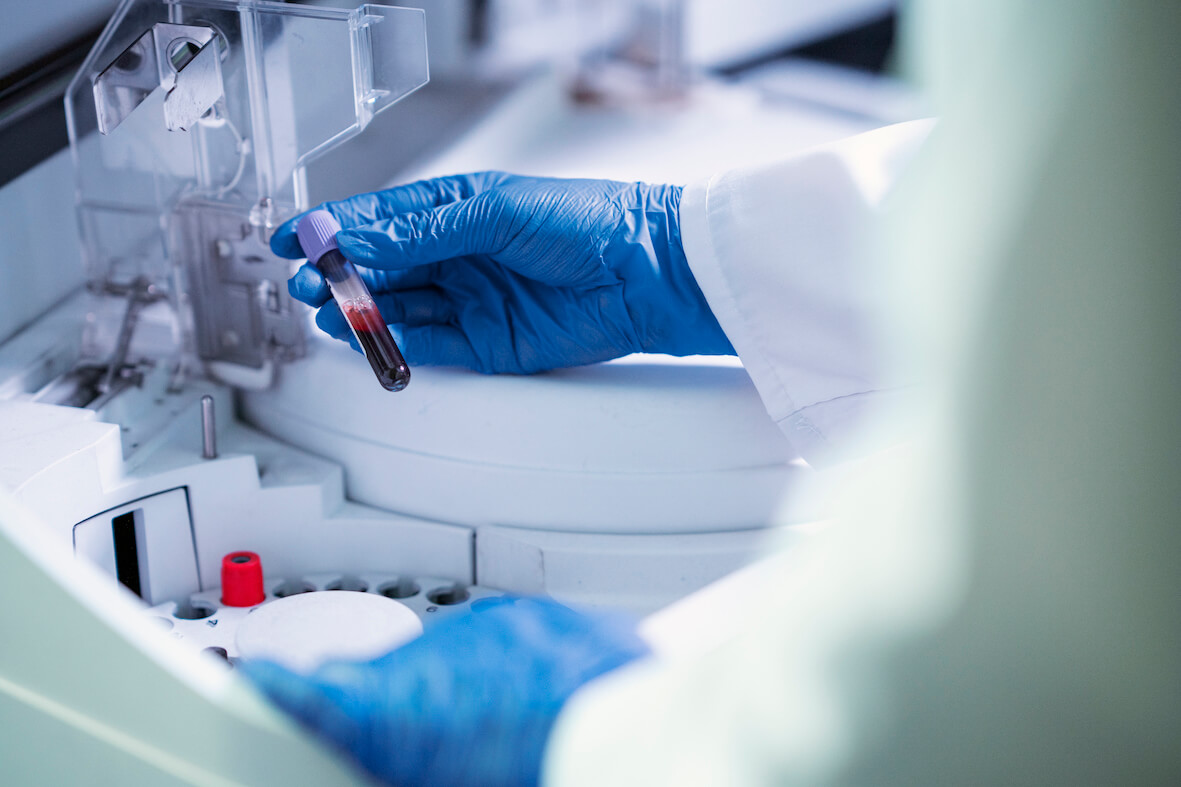Immunology
Immunology includes the study of autoimmune and inflammatory diseases as well as monoclonal gammopathies and allergic diseases. It is estimated today that 5 to 8% of the world's population is affected by an autoimmune disease. It is the 3rd leading cause of morbidity in developed countries. According to WHO statistics, allergies are the 4th most common chronic disease in the world after cancer, AIDS and cardiovascular diseases.
When the immune system becomes dysregulated
Although it is supposed to protect us against pathogenic agents (viruses, bacteria, etc.), our immune system can sometimes become dysregulated. It can then become too sensitive to certain exogenous constituents, triggering allergies or reacting against constituents of the self, and favoring the emergence of autoimmune diseases.
Autoimmune diseases form a group which includes diseases as varied as type 1 diabetes, multiple sclerosis, rheumatoid arthritis or Crohn’s disease.
Turbidimetric serum immunoglobulin assays
Proteins affecting the immune system
The complement system is a group of about 50 known serum proteins that are part of innate immunity. Several of these proteins are directly involved in the mechanisms of pathogen elimination, the others regulate the activity of the former in order to avoid an autoimmune reaction. Therefore, the increase in the concentration of C3 and C4 complements occurs following an acute inflammatory phase. A decrease in plasma complement C3 can be caused by a genetic or acquired deficiency (acute infections, etc.) and that of complement C4 is observed in the case of hereditary angioedema, autoimmune hemolytic anemia, or autoimmune nephritis.
Rheumatoid factor and anti-CCP antibody and immunoglobulin E (IgE)
Rheumatoid arthritis is a chronic disease of the connective tissue, particularly of the joints and associated structures, characterized by inflammation, degeneration or metabolic disorder. The biological markers of rheumatoid arthritis are rheumatoid factor and anti-CCP antibody.
Immunoglobulin E (IgE) is associated with atopic diseases, including allergic rhinitis, asthma and atopic dermatitis, but is generally involved in the immune defense mechanisms against parasitic infections. These disorders are reflected by an increase in the concentration of immunoglobulin E in patients’ serum. This assay is generally useful in the diagnosis, monitoring and treatment of atopic diseases or parasitic infections.

